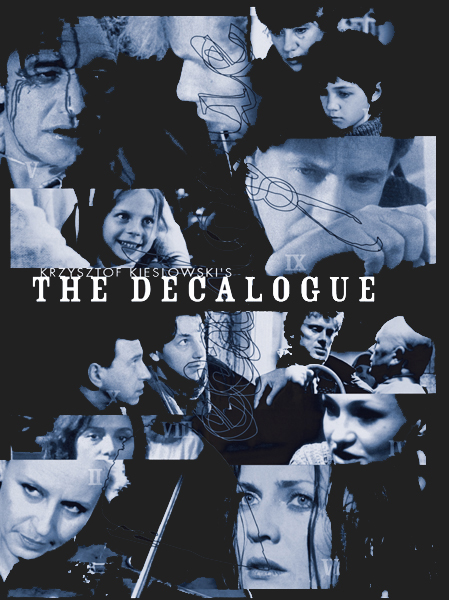☆ ☆ ☆ ☆
Twenty-Four Eyes (1954) -- K. Kinoshita
Kinoshita's
"epic" plays out from 1928 to 1946, showing the life of a primary
school teacher (first grade to sixth grade) and her interactions with her
pupils on rural Shodo Island in the inland sea of Japan. These were difficult times for Japan and the
film is poignantly anti-war. We only come to know a few of the 12 students
(with 24 eyes) specifically but their stories are often deeply sad, as they
come to terms with poverty and later militarism. I'm a softie so I did have tears well up on
more than one occasion, but I didn't feel that the film was manipulating me too
much. Hideko Takamine is great (as
usual). On the downside, some of the
child actors are less natural and it is sometimes difficult to feel they are
the same person as they grow across the years (changing actors along the
way). Kinoshita uses an inordinate
number of extremely long shots, with the children or Takamine simply small
shapes in the environmental context. This may represent the way we are all
buffeted by the events around us, over which we have no control and which can
easily overwhelm us.








